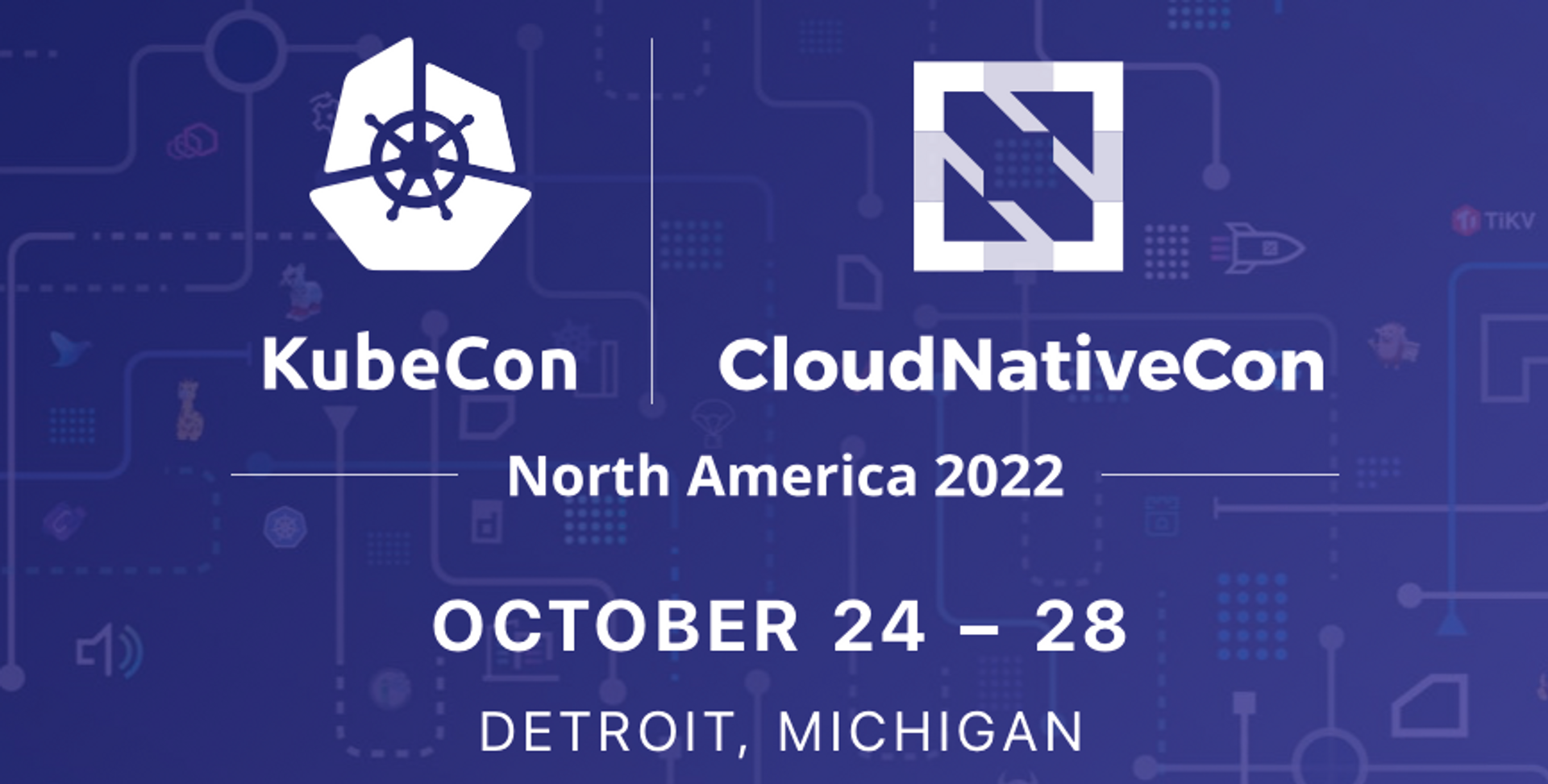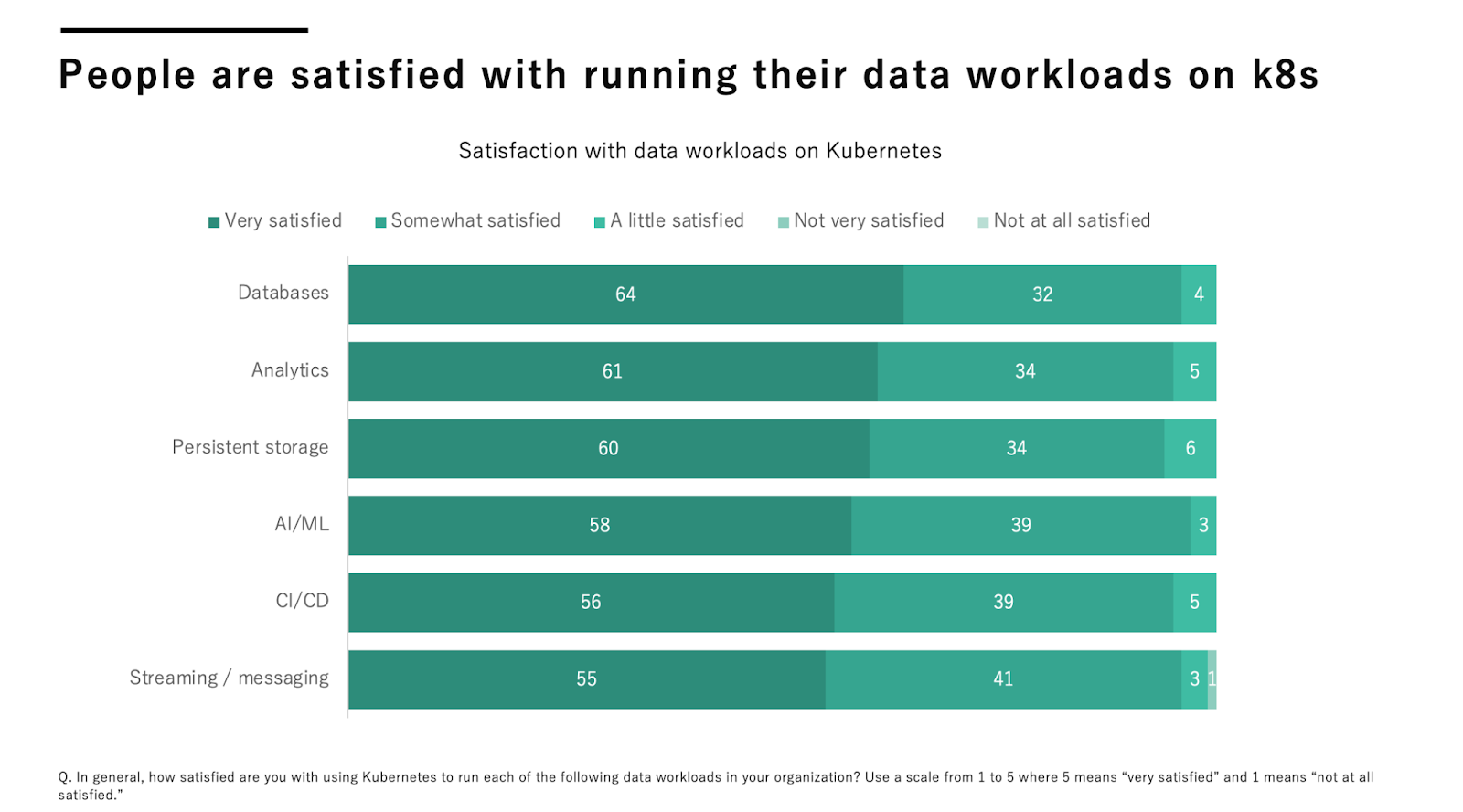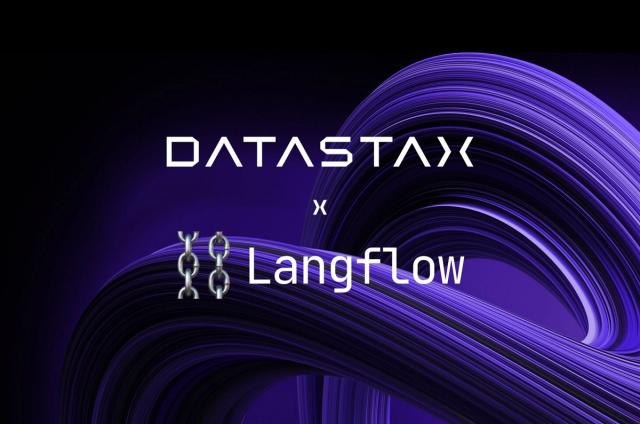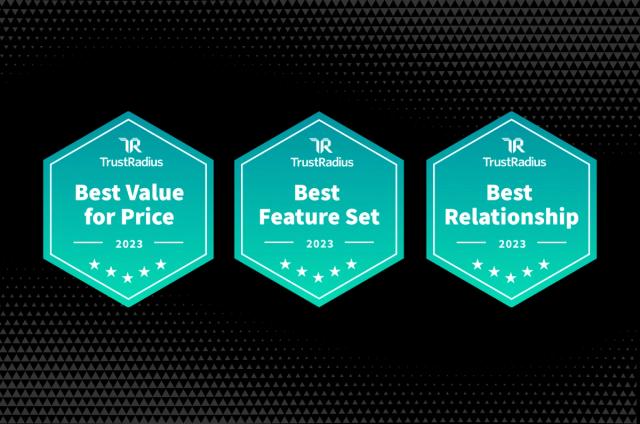KubeCon + CloudNativeCon 2022: Three Big Takeaways

Last week, the Motor City overflowed with infrastructure nerds with the annual KubeCon + CloudNativeCon North America. Of course, it’s not just one event, and it’s like a bento box of different side events with a big main event. Anyone negotiating to get travel approved for a conference can appreciate the one-stop-shop this presents. Here’s a quick summary of my journey to Detroit.
Analytics? Survey says: Yes!
I started my week by attending one of many co-located events, Data on Kubernetes day. It was a fast-paced one-room conference with 15-minute talks lined up in rapid fire. This once-small community is proliferating, representing every aspect of data workloads (persistence, streaming, and analytics). A notable highlight was the release of the DoK annual survey that provides a snapshot of how cloud native data is being used in the real world.
The data point that immediately popped out for me is the adoption of analytic workloads running in Kubernetes. Databases are what most people think of when it comes to Data on Kubernetes. With large-scale orchestration, can you think of a better example than analytics? Based on the survey, not only are organizations running analytics on Kubernetes, but they’re increasingly satisfied with the results. If you haven’t yet migrated your analytics to Kubernetes, check out the Apache YuniKorn project and some of the work done by that team.

Cool project alert!
In the spirit of “things you might have missed,” there were a few project discussions that caught my attention. The first was KubeSlice, a project to enable all of your “multi” needs in Kubernetes. Multi-cluster. multi-tenant. My impression was that this is similar to a virtual private cloud (VPC) in a large public cloud but for your Kubernetes environment. It utilizes a network overlay to create new address spaces that can span multiple clusters, regions, or even clouds. I’m a firm believer in spreading your workloads across as many places as possible, whenever possible. This is a great project to make that happen.
And keeping up the theme of security from the last KubeCon, have you heard of SigStore? It’s a fast-growing project to address the need for code signing across open source projects. If you aren’t familiar with code signing, as we build secure infrastructure, this is how malicious code doesn’t inadvertently find its way into production systems. The scenario it prevents is when an attacker slips a compromised version into the downloads of an open source project you use. SigStore provides the tools needed by projects to provide a trust framework for end users. It’s an absolute must for the software bill of materials.
They grow up so fast
KubeCon+CloudNativeCon has been, as previously mentioned, a single conference with many side events orbiting around the date and location, to the point that knowing which event to attend—and how to manage potential collisions between them—can get confusing. As these side events grow larger, they’re now reaching escape velocity and ready to be stand-alone events themselves.
Announced this year was that Cloud Native Security will spin off into a stand-alone event. Security is a complex and rich topic, and it will be a big conference and enable attendees to focus on the massive topic of cloud native security. It was also rumored that the Data on Kubernetes community would spin off into its own event. With the surface area of data workloads running in Kubernetes, it makes sense to see an event like this separate from the central KubeCon swirl. Overall, this shows the large amount of maturity in the cloud native world, which started as a niche, and is now a growing collection of competencies.
Don’t be a stranger
It was great seeing many friends and colleagues, and we’ll meet again at the many conferences between here and the next KubeCon+CloudNativeCon in April—hopefully, at the Cassandra Summit in March. You’re going, right? We are all participating in the community by going to conferences, but don’t let your contributions stop there. Continue the energy in project chat boards and even contribute code to tools you use on a daily basis. Just look at what we’ve built so far; I look forward to seeing what you’ve created the next time we meet.




